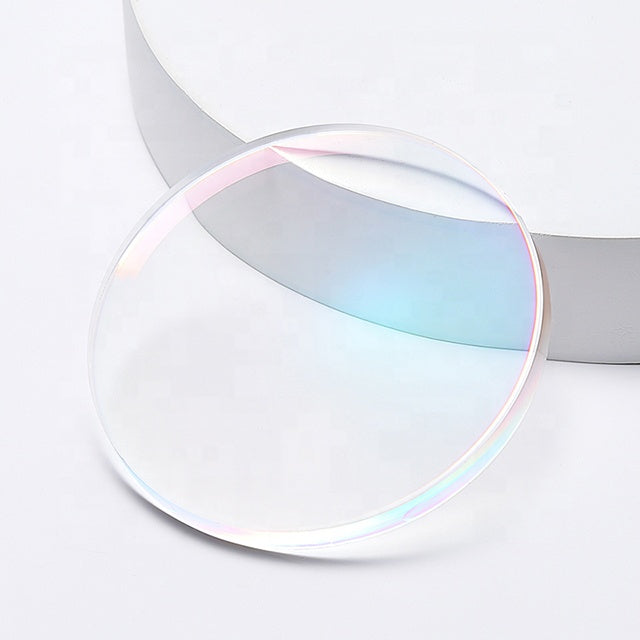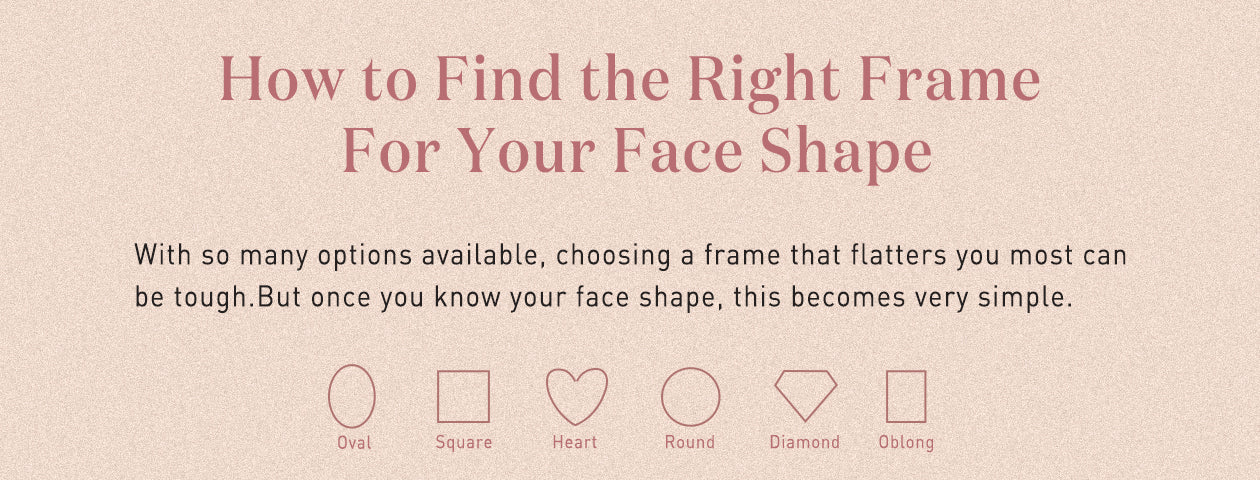
HOW TO CHOOSE YOUR LENSES MATERIALS
Are you a fashion trendsetter? Or maybe you're a practical person who just wants to be sure your eyewear fits comfortably and provides the appropriate level of protection. Either way, selecting the right materials for your lenses is an important decision. Not only do they have to look good, but they must also perform well in terms of optical clarity and durability. In this blog post, we'll walk through the different lens material types so that you can make an informed decision when choosing which lens will best suit your needs!
LENSES: OVERVIEW
There are many factors to consider when selecting eyeglass lenses, including index, materials, and coating. The lens you choose is primarily determined by the vision-correcting properties you are seeking. Picking a good lens is crucial to getting a good pair of glasses.
Eyeglass Lens Materials
Here are popular eyeglass lens materials:
1. Glass
In the early days of vision correction, all eyeglass lenses were made of glass. Glass lenses provided superior optics. However, glass lenses are heavy and can break easily, potentially causing serious eye damage. For these reasons, glass lenses are no longer widely used in eyeglasses.
2. Polycarbonate
Polycarbonate lenses are impact-resistant and about 20% thinner and lighter than standard CR39 plastic lenses. Polycarbonate glasses are great for active people since it's a good material for sports eyewear. They are also a great choice for people with high prescriptions because they do not add thickness to the lenses when correcting vision. Some polycarbonate lenses also offer UV protection.
3. AC
AC lenses and polycarbonate lenses are both resin lenses. Their difference is that the former is harder and the latter is softer. AC lenses are lighter and have excellent toughness, a high transmission rate, and good anti-fog.
4. CR-39
CR39 is characterized by its high transparency, high resistance to abrasion, good dyeing properties, solvent and chemical resistance, and heat resistance. It is still one of the mainstream materials in the lens industry because of its mature production process and low cost.
However, CR39 is brittle, less impact-resistant, and less tensile than other materials, therefore it is not suitable for rimless glasses (lenses are prone to break when drilling), and it also has the lowest refractive index and thicker lenses at higher prescriptions.

Comparing Lens Materials
In terms of price, CR39 is the cheapest option.
In terms of weight, polycarbonate is the lightest and thinnest choice.
In terms of impact resistance, both AC and polycarbonate are good choices.
Which Type of Eyeglass Lens Is Best for Me?
Your vision is crucial to your daily life, which is why you need a pair of glasses with lenses that optimize your vision. If you have a high prescription and require outdoor sports, you can choose a lighter and thinner one. If you don't want glasses to be too expensive, you can choose the most common types of lenses. With the help of these guidelines, you can make an informed decision about the type of lenses that best suits you and your lifestyle.
Conclusion
The choice of lens materials for your glasses can impact the durability, appearance, and performance of your eyewear. It's important to select lenses that meet both your vision needs and style preferences. While polycarbonate lenses are typically a safe and economical choice, it's still possible to craft more premium lens material combinations for added benefits such as improved optics or scratch resistance. Additionally, you should take into account any special requirements due to lifestyle demands such as UV protection or anti-fog capabilities.
Ultimately, choosing the right pair of lenses for your glasses can be daunting but it's an essential element when selecting eyewear that meets both your visual wants and needs. With so many options now available on the market today, there are plenty of opportunities to land the perfect pair of matching lens materials.
FAQ
1. Which lens is best for eyes?
There is no best type of lens, only the type of lens that suits you better. Choose the type of lens that corresponds to your needs and you will have a perfect pair of glasses.
2. Are polycarbonate lenses not wear-resistant?
The type of lens with the best wear resistance is the glass lens. But it also has the obvious disadvantage of being heavy and easily broken. Nowadays, few people use glass for glasses. Polycarbonate lenses, on the other hand, although lacking in wear resistance, are very light and can be coated to enhance their wear resistance.
3. Is there a big difference between cheap lenses and expensive lenses?
With the same prescription, both lenses feel similar to wear at first. But because of the difference in the fineness of the production, the quality lenses will make your eyes more relaxed and comfortable. Expensive but functional lenses are a more cost-effective choice from a long-term perspective.
Questions you may concern about:
How to order prescription glasses online.
Difference between single vision glasses and progressive glasses.






